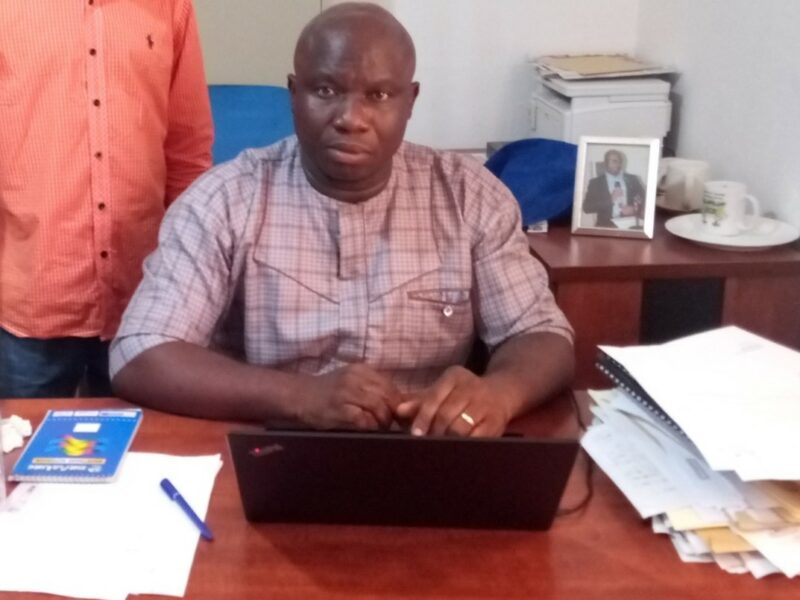The Challenges of Corporate Social Responsibility in Sierra Leone
This article will try to promote the idea of Corporate Social Responsibility (CSR) that can be adopted in Sierra Leone in order to reduce environmental and capitalist gains and promote development. At this point companies are making random donations, pro-bono work which has no measurable benefit to the company and has minimal impact to the country. Therefore, there is need for strategic CSR not just as a slogan. Neglect of CSR is a big mistake and will lead to crisis.
CSR has attracted a variety of interpretations across business environment especially the mineral industries in Sierra Leone. Those who argue against it believe that it expands the responsibilities of business to multiple stakeholders, whilst others conceive of it as an important phenomenon to stakeholders and the corporate world.
CSR is becoming more significant due to the emphasis for business to maintain high ethical standards and has thus informed them to incorporate these responsibilities to their corporate objectives and business operations. Companies should be encouraged by government to invest in long term community partnerships with charities, community organisations and linking community causes to commercial objectives. This is often called Community Investment or Strategic philanthropy.
CSR is a new paradigm shift from the traditional held belief that the goal of business enterprise is only “to use resources to engage in activities designed to increase profit”. The idea of CSR today contrasts with the generally held belief that profit maximisation is the sole consideration that should motivate all the decisions of business managers. It is now recognized that though in short term it is beneficial to increase profit, a company with a good image will be more acceptable to the public on the long term.
The environmental and social responsibilities of businesses in the extractive industries of Sierra Leone are enormous as it comprises of the prevention or a correction of the negative effects of exploration and contributing towards community development. It is against this back drop, that it is argued that mineral companies, government or civil society organisations would be able to tackle these environmental and social issues, promoting the call for partnership formation. Hence, the collaboration of government, civil society organisations and business in a tri-sector formation is viewed as an effective strategy for businesses to successfully address these increasing social and environmental responsibilities.
Agenda for Change through Environmental Protection Agency (EPA)
The Office of the President should ensure that individuals appointed to work in EPA are individuals with integrity and will be capable of protecting the environment. Environmental officers should be trained to work as CSR officers and they should work with societies or communities by ensuring that companies conduct their activities according to the law. In order to achieve this EPA must ensure that companies meet the expectations of society.
Human Rights and Non Governmental Organisations should be empowered to carry out campaigns to sensitize citizens about ethical conduct.
The government of Sierra Leone should ensure that environmental policies are not copied and paste from other Commonwealth countries but properly developed and implemented. The representatives of the Extractive Industries Transparency Initiatives (EITI) should have the will power that will lead to development as a result of proper monitoring, discipline, control and self discipline.
The problem with Sierra Leone, civil service lacks the manpower with the right expertise and capacity to perform. Therefore one can assume that government do not have a clear vision and lack the capacity in terms of personnel. The EPA and EITI should ensure that a broad consultation and communication process is carried out in order to incorporate the community perception into policies. Without effective community representation in CSR initiatives there would be divisions, unrest and agitations by neglected communities or groups.
In conclusion Anti Corruption should monitor the payments made to community heads to prove that money is used for community development rather than self interest. Human Rights and Non Governmental Organisations should be empowered to carry out campaigns to sensitize citizens about ethical conduct.
By Dylan Sogie-Thomas, UK
The author also holds a Certificate in Business Sustainability from the Institute of Chartered Accountant England and Wales (ICAEW). Sogiethomas@yahoo.com
Stay with Sierra Express Media, for your trusted place in news!
© 2010, https:. All rights reserved.






